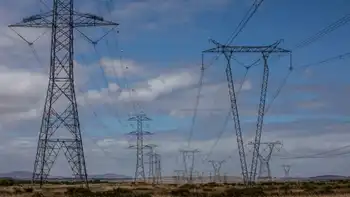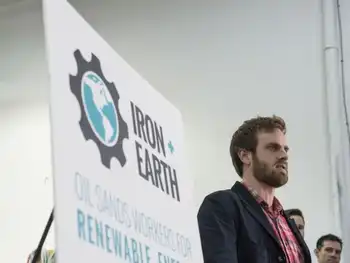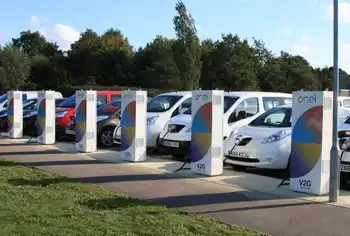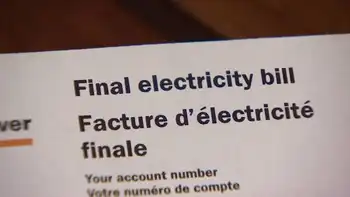Incentives offered to “green” data centres
By Electricity Forum
CSA Z463 Electrical Maintenance
Our customized live online or in‑person group training can be delivered to your staff at your location.

- Live Online
- 6 hours Instructor-led
- Group Training Available
The utility is well into the process of virtualizing its own servers housed in the company's data centres. Since it began in 2008, 45 per cent of the utility's servers have been consolidated decreasing the space required and reducing electricity use.
"Virtualization" is a software technology that allows you to run multiple virtual machines on a single physical machine, sharing resources of that single computer across multiple environments. By reducing and consolidating data centre servers, users can minimize redundancies and become more efficient.
"Toronto Hydro 'walks the talk'." Stephen Walker, Director of IT Infrastructure, Toronto Hydro, says the company is seeing good results so far and should encourage other businesses to take advantage of its DCIP. "The program is not only attractive from an electricity savings perspective, but the financial incentives to participate should also make it easier for our customers to get started." Growth and demand for technology are currently stretching — and projected to exceed — building and air conditioning capability in Toronto Hydro's data centres. For this project, Toronto Hydro deployed virtualization technology, along with technology from other partners, to reduce its number of physical servers.
Since it began in 2008, the company has virtualized 45 per cent of the servers housed in its data centres. In addition, many of Toronto Hydro's major tier one applications and systems have been virtualized. At the completion of its virtualization project in 2010, Toronto Hydro expects to see significant energy and cost savings from virtualizing approximately 70 per cent of its servers.
In North America, the growth of electric energy consumption in data centres is increasing. Toronto Hydro's DCIP offsets the cost for more energy efficient equipment and design, helping customers cut electricity use in commercial and institutional data centres. Businesses that participate in the Toronto Hydro program could see immediate and on-going financial savings through reduced power consumption, and there could be associated environmental benefits such as reduced carbon emissions, via lower electricity usage.
DCIP, supported by the Ontario Power Authority, will provide $300 per measurable peak kilowatt reduction. Energy savings resulting from improvements in new or existing data centres will qualify for the incentives and will be based on measurable electricity reductions.
This program demonstrates Toronto Hydro's commitment to be a leader in the development and implementation of electricity conservation initiatives in Ontario. The company continues to support its customers with innovative approaches to conservation and demand management.











